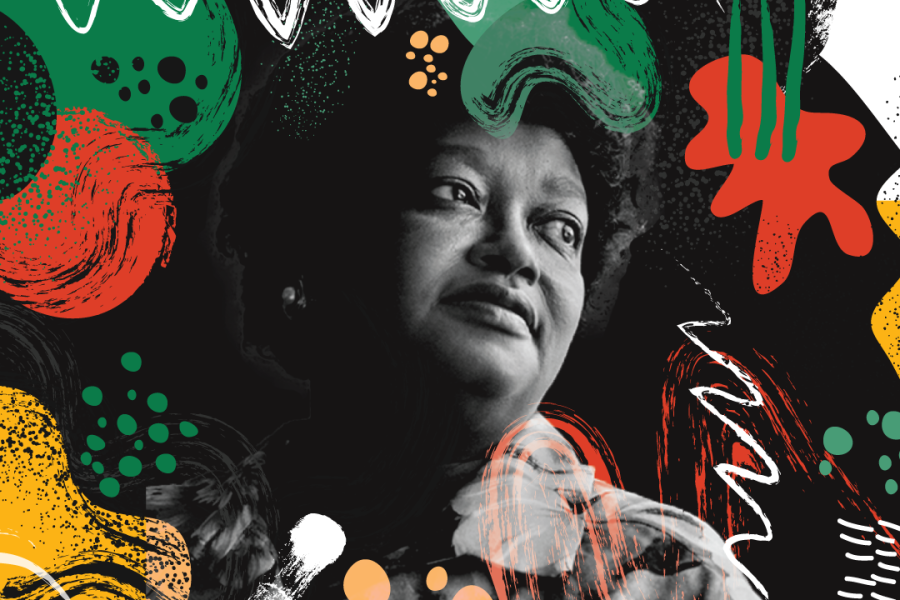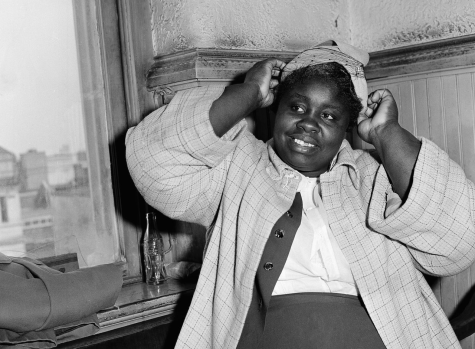Prominent African Americans from History: Claudette Colvin refuses to move to the back of the bus
Claudette Colvin is an activist who’s actions paved the way for other activists such as Rosa Parks. After refusing to give up her seat on the bus, she got detained for her actions.
Claudette Colvin was born on Sept. 5, 1939 in Birmingham, Alabama. She was raised by her aunt and uncle, Mary Ann and Q.P. Colvin. At the age of 8, she and her guardians relocated to Montgomery where Colvin attended Booker T. Washington, according to Blackpast.
Growing up Colvin lived in a poor neighborhood, so getting an education was extremely important to her. Throughout highschool she studied hard and earned A’s in her classes. She even aspired to be President one day.
On March 2, 1955, Colvin took the bus home from school. This wasn’t out of the ordinary as her family didn’t own a car, in fact she rode the bus everyday to and from school; yet, this day in particular was different. During this time in Montgomery, the segregation of buses was heavily enforced, but there was a city ordinance saying that African Americans could not be asked to give up their seat while in the “Negro” section, yet many ignored this local law. As Colvin sat in the back of the bus in the “Negro” section, the bus driver asked her to give up her seat for a white passenger. Feeling emboldened by the recent lessons she learned on black women in history, Colvin refused to move saying, “It’s my constitutional right to sit here as much as that lady. I paid my fare, it’s my constitutional right,” according to Biography.
After a while, the police arrived and arrested 15-year-old Colvin, charging her with disturbing the peace, breaking the city’s segregation ordinance and assaulting a policeman. Colvin was placed in jail, which was a scary place for African Americans during this time. Often, many black people would be harmed or even killed while in jail. When asked what it was like, Colvin responded, “I was really afraid, because you just didn’t know what white people might do at that time,” according to Biography.
Finally in May, Colvin’s case went to trial. The judge dropped two of her charges, but found her guilty of assaulting a police officer. The community was enraged and many chose not to ride buses any longer. Colvin’s case was then reviewed by the National Association for the Advancement of Colored People. They were in search of a strong case to be the catalyst for their boycott according to Blackpast. Ultimately, they decided not to use her case because she was young and seen as “feisty” and “uncontrollable”. Nine months later, Rosa Parks refused to give up her seat on the bus and Colvin’s case was quickly forgotten.
Later in 1969, Colvin began working as a nurse’s aide at a nursing home in Manhattan. She worked there for 35 years and in 2004 she retired. Over the years, Colvin has done countless interviews describing her experience. Last year, she did an interview with CBS News. After years of living with a juvenile delinquency charge, a judge finally expunged her record, clearing her name.
From a young age, Colvin showed everyone what it meant to be brave. She demonstrated great courage and a passion for equality. Colvin paved the way for Rosa Parks along with many others to fight against dicrimination and make a real change.
Edited by: Alyssa Storm, Ellie Walker
Your donation will support the student journalists of Washburn University. Your contribution will allow us to purchase equipment and cover our annual website hosting costs.













